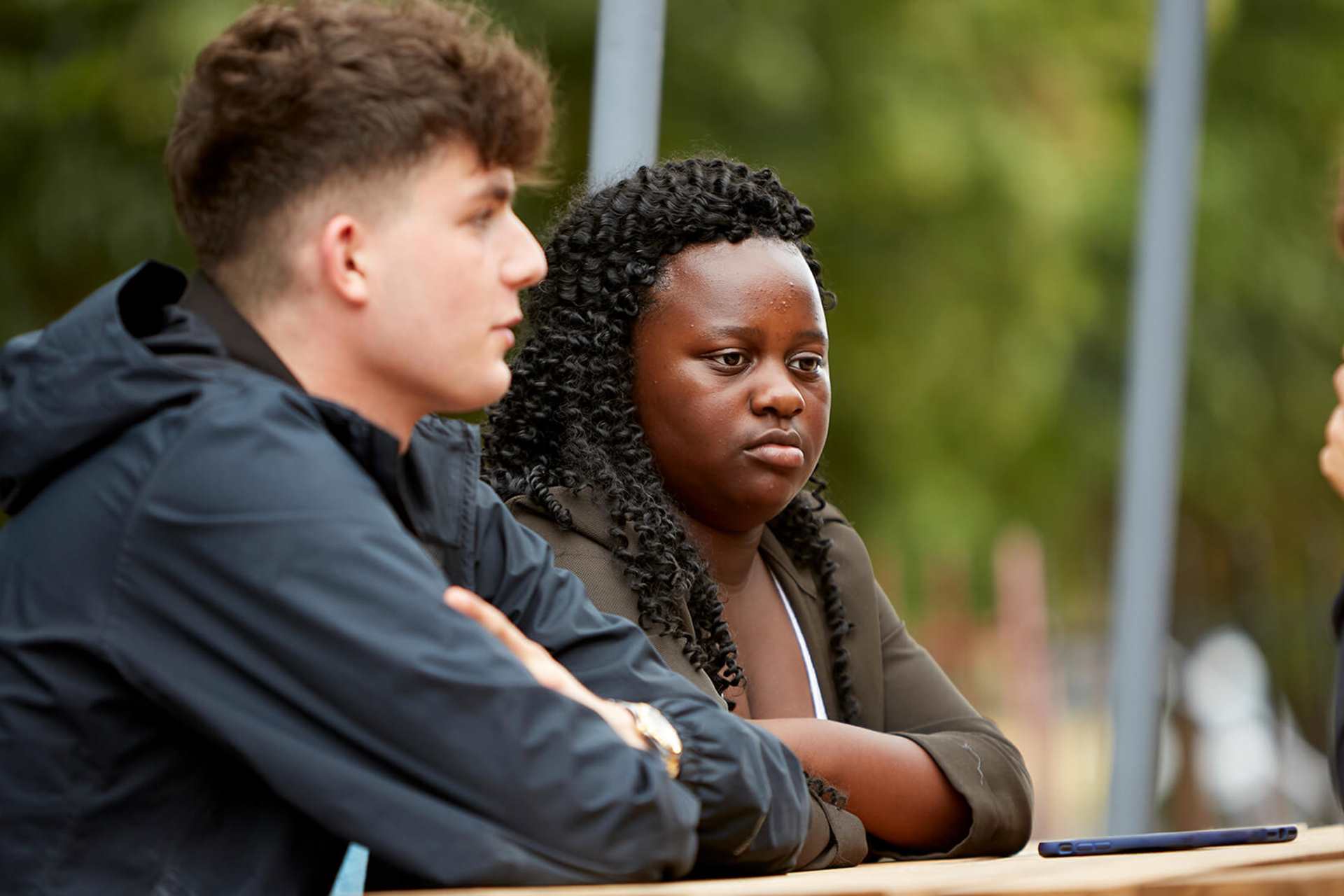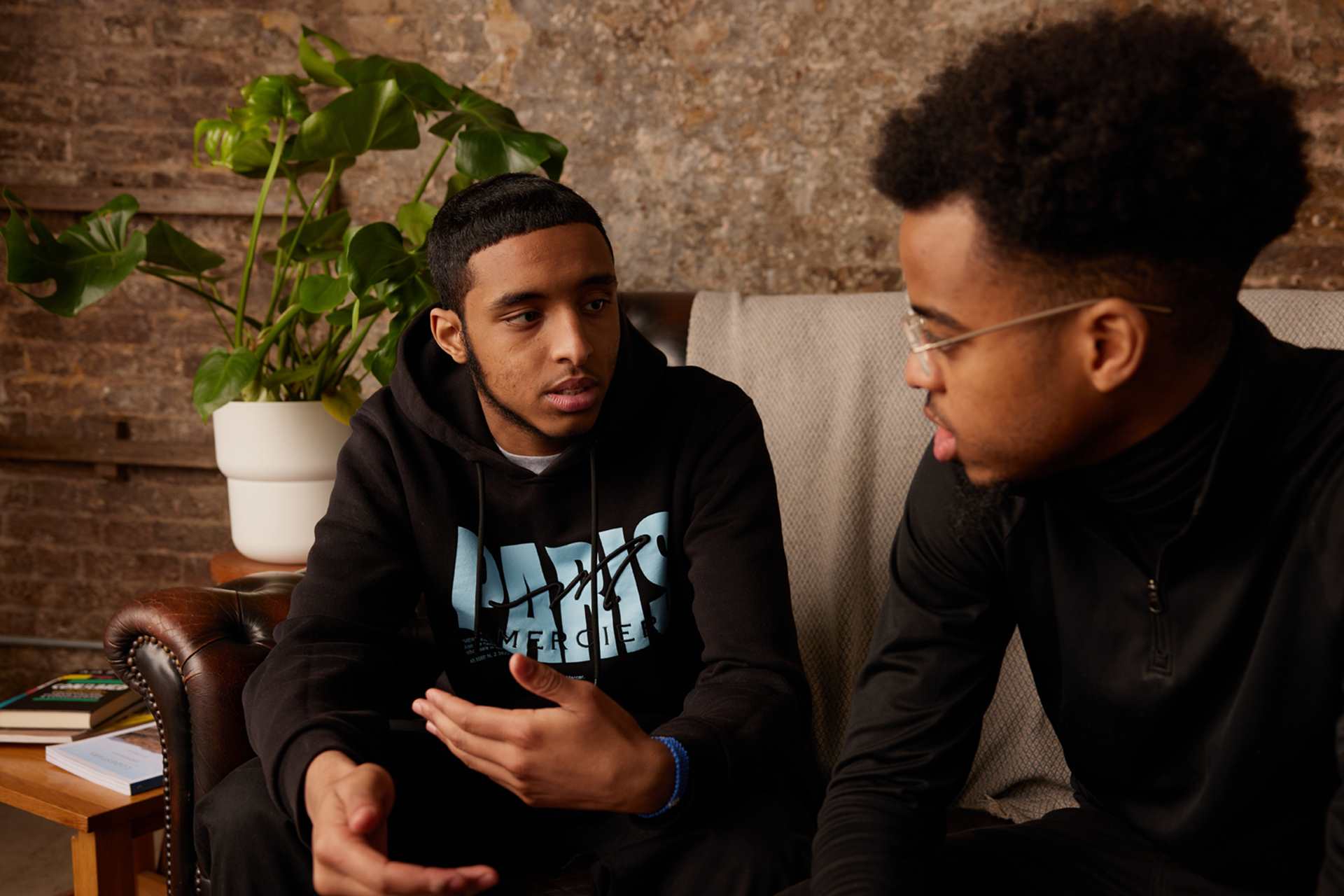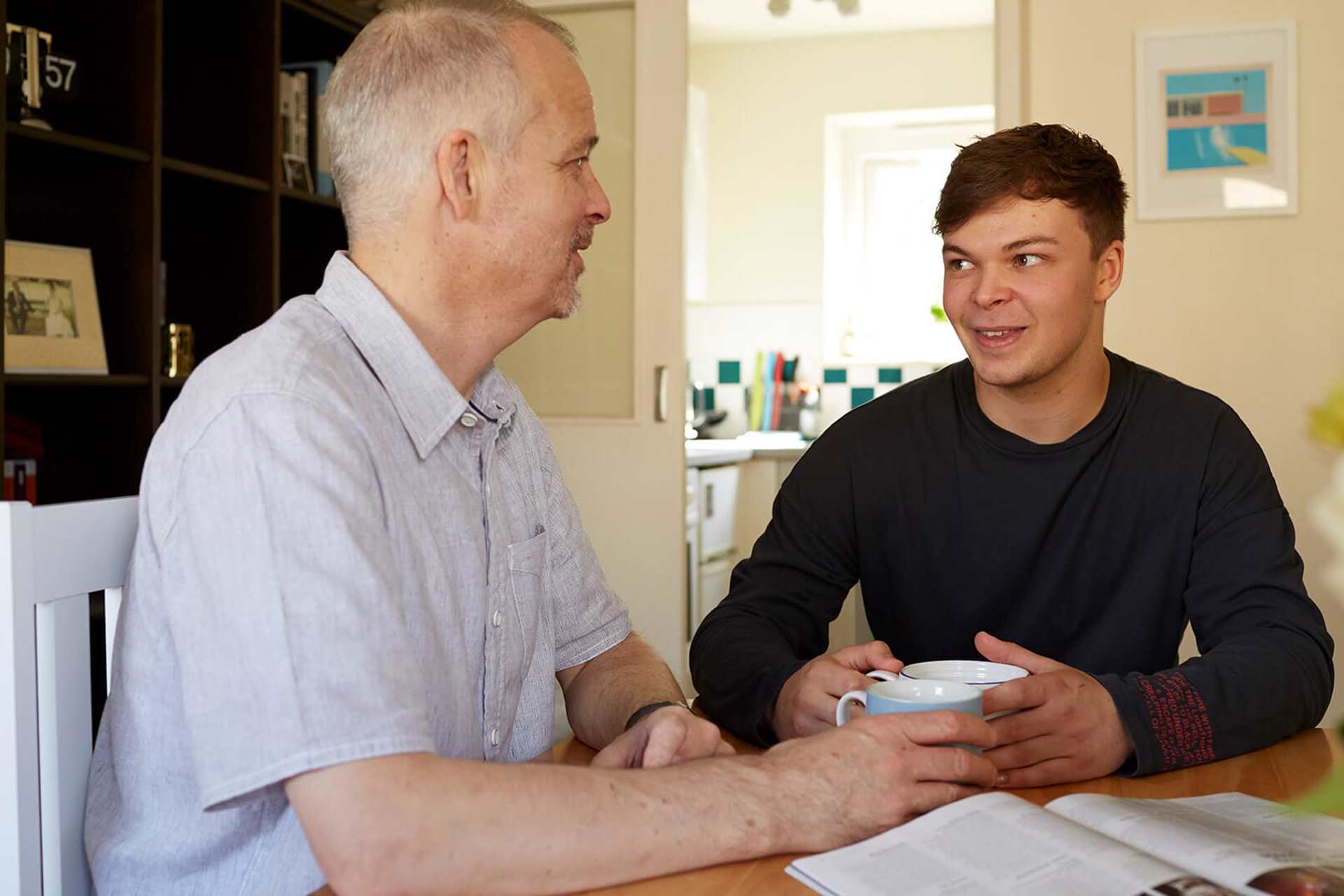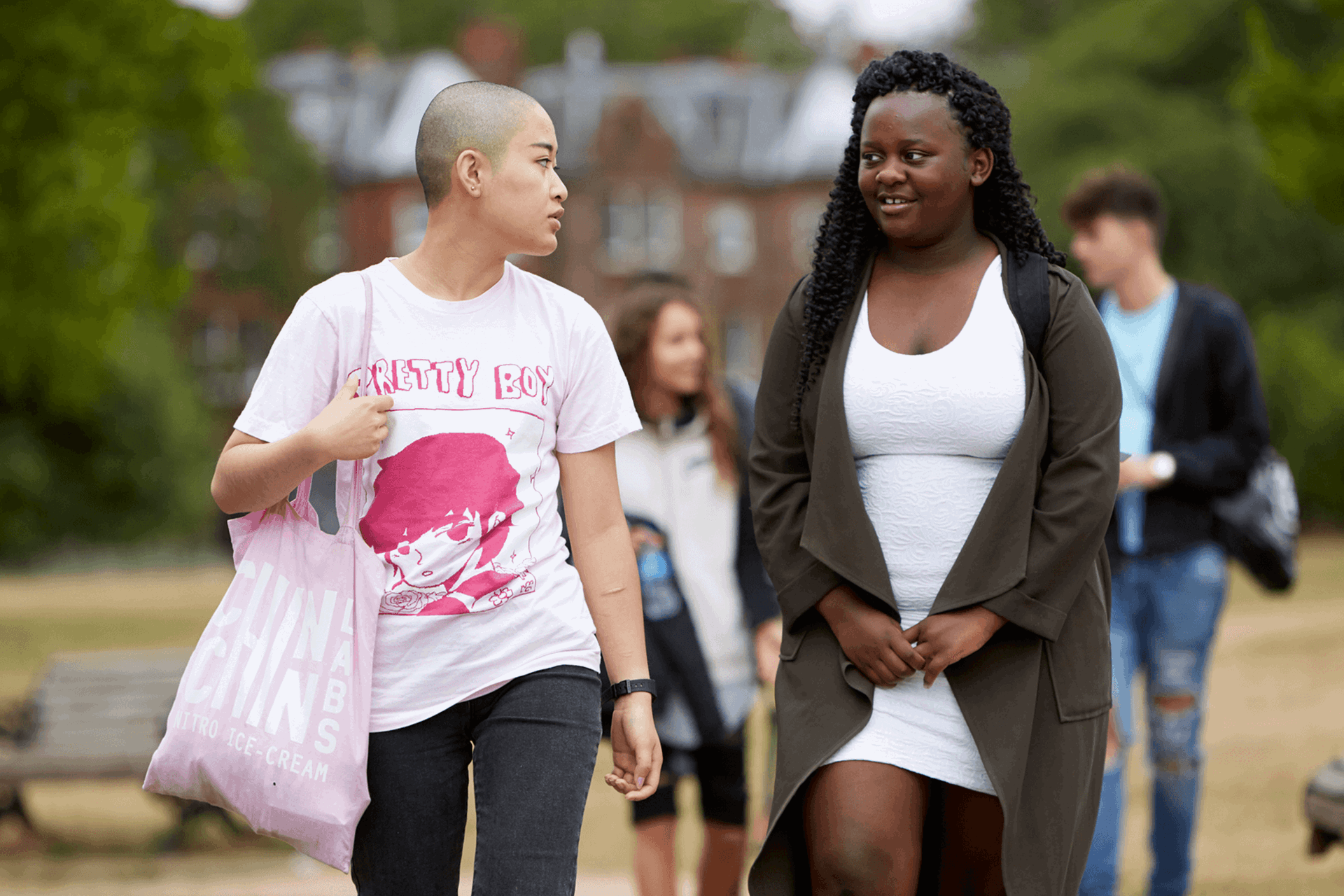Topics mentioned: autism and mental health, reaching out for help, grief and loss, alone and misunderstood
About: Rachel shares her difficulties with communication, depersonalisation and derealisation as an autistic young person, and how she's learning to reach out.
I have been met with so much compassion and understanding in this journey that has made the struggle worthwhile.
As an autistic person and someone who struggles with anxiety and depression, I find communication difficult. This sometimes means I drop out of contact with people for long periods of time. This can cause lots of problems like leaving me isolated, stuck with an overflowing inbox, being unable to access services and not being able to connect or reach out to the people that I love.
After a particularly difficult period of my life after high school, I found myself in a situation where I hadn’t spoken to any classmates for two years. My mum was having to handle all my university communications and be present at all my medical and therapy appointments, and, most painfully, my grandmother died after a period when I hadn’t managed to speak to her directly for five years.
Reconnecting has taken a lot of emotional energy, time, courage, and self-reflection. It’s still a work in progress but it’s a project that has been really beneficial to me.
In social interactions or official emails, I get nervous that I will make a mistake and offend people or accidentally break an official rule and ruin my life.
Why communicating is difficult for me
When I reached out, I feared that I would be rejected, that my efforts would be too little or too late, or that I wouldn’t be able to deal with the pressure of having to contact someone every day and risk letting them down. However, I have been met with so much compassion and understanding in this journey that has made the struggle worthwhile.
Communicating is difficult for me for lots of reasons. Autism for me feels like my instruction manual for life got lost in the post. In social interactions or official emails, I get nervous that I will make a mistake and offend people or accidentally break an official rule and ruin my life.
It feels like a high-stakes game and sometimes like an act of self-protection to not expose myself to that risk. When I do communicate, I try to mimic other people but maintaining this can be exhausting.
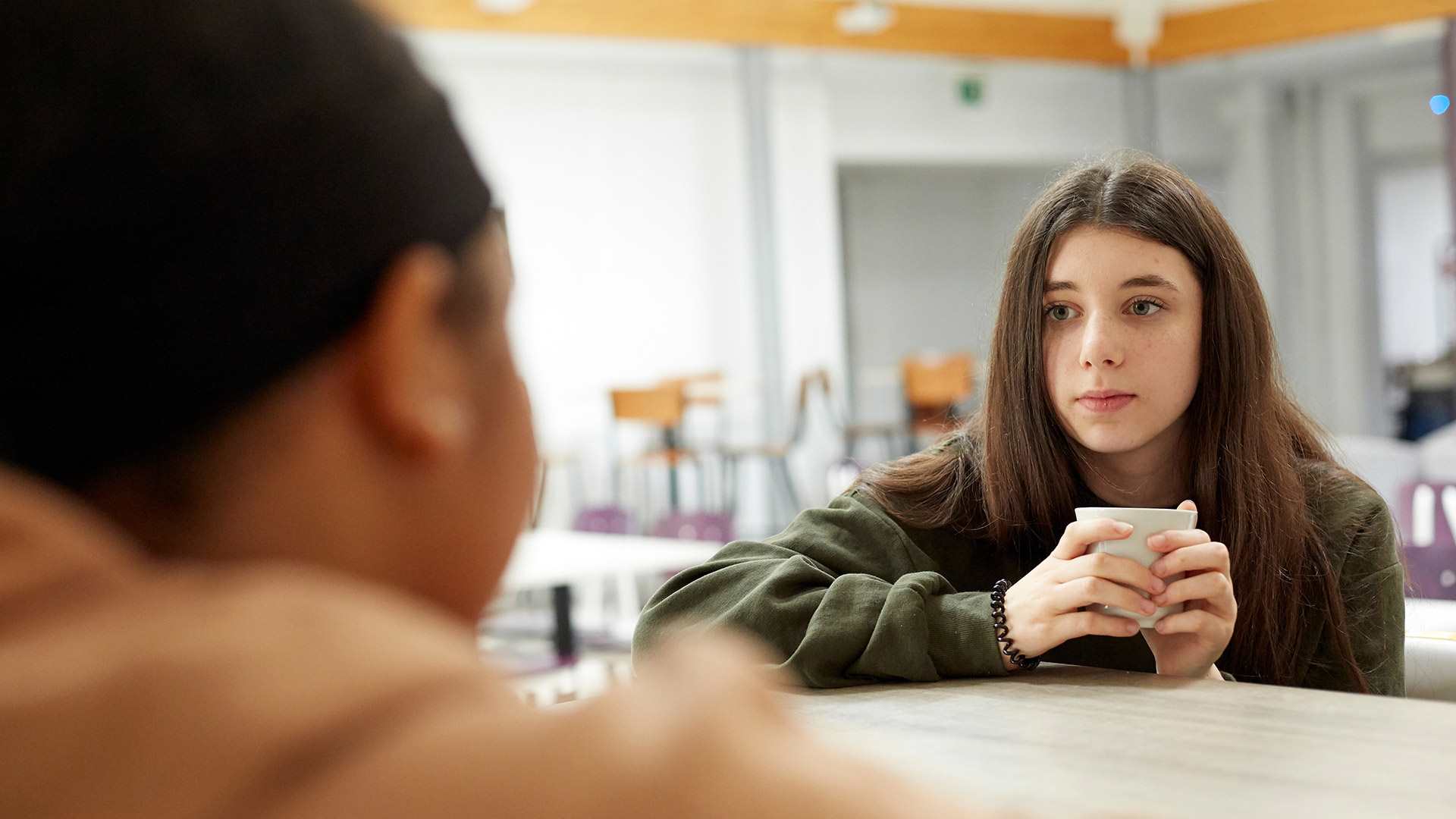
That’s why when I’m feeling low, the thought of going through that feels unmanageable when it's already taking all my energy to just put one foot in front of the other.
Other times, I want to speak or reach out, but my mind is blank and I just can’t think of anything to say. Or I can’t understand why people would want to spend time with me, so don’t take that step.
When I’m feeling down, I experience depersonalisation and derealisation which is where I feel like I am sleepwalking through life. I am aware that I am present and doing things, but I don’t feel connected to them. This also makes it difficult for me to communicate and ask for help.
When I branched out beyond immediate family, I identified safe contacts like my incredible godmother, who texts me every single day.
How I’m learning to reconnect with friends and family
Reconnecting was daunting but by recognising my limits and starting small, I have managed to reach a much healthier relationship with socialising.
The first thing I had to do was to acknowledge that small child inside me crying out for support. I began by saying more than one word to my mum. When I branched out beyond immediate family, I identified safe contacts like my incredible godmother, who texts me every single day no matter what’s going on in her life and never judges me when I can’t respond. I also have a friend who even in my uncommunicative months would keep checking in with me.
At first, I struggled as the replies would take me hours because I felt I had to acknowledge every point they made. It became overwhelming and I feared that I would make a mistake and ruin it all. Through trial and error, I found a system that works for me. I text them both at a set time once a day and if I am struggling, I might just send them a funny link or a couple of words. They never make me feel inadequate for this. They never asked why I had dropped out of contact or treated me differently.
I hope more than anything that my grandmother knew that I thought about her every single day, even when I felt so locked in that I couldn’t tell her.
Similarly, I experienced immense kindness from my university tutor who arranged a mentor to help me draft emails. She would remind me that she was there for as long as it took every time I got overwhelmed by the size of my inbox.
I also worked out the battles that were and weren’t worth it, so continued to ask my mum to help with medical arrangements where the context was harder to explain. Now, I’m setting goals of reconnecting to others in a phased way, like a monthly email to my Aunt.
I hope more than anything that my grandmother knew that I thought about her every single day, even when I felt so locked in that I couldn’t tell her. I continue to learn Welsh - her mother tongue - and I am going to write her a letter containing everything I should have said in the hope that we can still reconnect.
My communication is far from perfect and I struggle to stay consistent, but I don’t regret reaching out again. I thought everyone would have given up on me, but those who matter never will.
I thought everyone would have given up on me, but those who matter never will.
More information and advice
We have tips and advice to help you find the support you need. Take a look at our guides.
Where to get help
However you're feeling, there are people who can help you if you are struggling. Here are some services that can support you.
-
Childline
If you’re under 19 you can confidentially call, chat online or email about any problem big or small.
Sign up for a free Childline locker (real name or email address not needed) to use their free 1-2-1 counsellor chat and email support service.
Can provide a BSL interpreter if you are deaf or hearing-impaired.
Hosts online message boards where you can share your experiences, have fun and get support from other young people in similar situations.
- Opening times:
- 24/7
-
Tellmi
Formerly known as MeeToo. A free app for teenagers (11+) providing resources and a fully-moderated community where you can share your problems, get support and help other people too.
Can be downloaded from Google Play or App Store.

